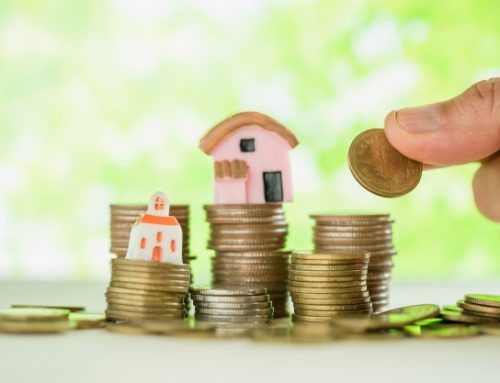The Mississippi Business Journal and other publications are reporting that home repossessions are dropping nationwide, plunging 29 percent last month when compared to February 2012.
Banks repossessed just over 45,000 properties last month, an 11 percent drop from January and the fewest repossessions since September of 2007. Of course, for people struggling with unsustainable debt, the good national news is not nearly as crucial as the realization that foreclosure might hit them where they live.
For some people, foreclosure can be avoided with personal bankruptcy. In many cases, a person filing for a Chapter 7 bankruptcy known as a “liquidation bankruptcy” can keep their home and car.
The Chapter 7 bankruptcy allows a person’s unsecured debts to be discharged after a process that typically takes three to six months.
The word “liquidation” sometimes gives people the mistaken impression that after a Chapter 7 bankruptcy, they have to start from scratch without a house, without a car, without other personal possessions. For most people, this is simply inaccurate.
Another way of combating foreclosure is with a Chapter 13 reorganization bankruptcy, in which the filer gives the court a plan to repay a portion of their debt. If the court approves the plan, and the filer follows the plan, at the end of the repayment period, most or all of the remaining debts are discharged.
So the good news is that foreclosures are dropping nationally and that there are alternatives to trying to live with unsustainable debt, including credit card bills and medical debt.
To find out how bankruptcy law might help get you a fresh financial start, discuss your situation with an experienced bankruptcy attorney.




Connect with Us